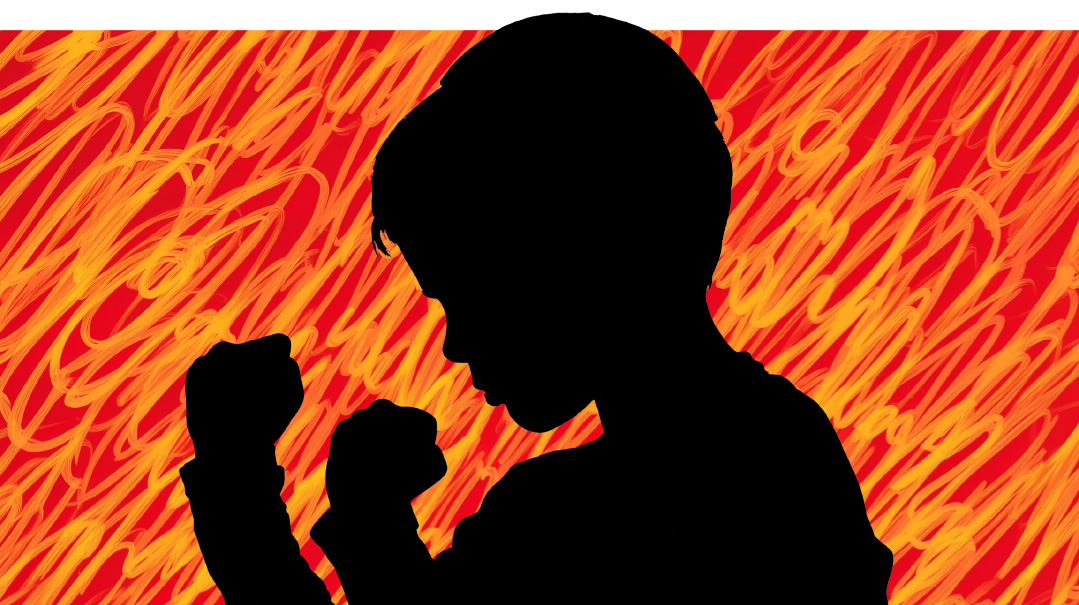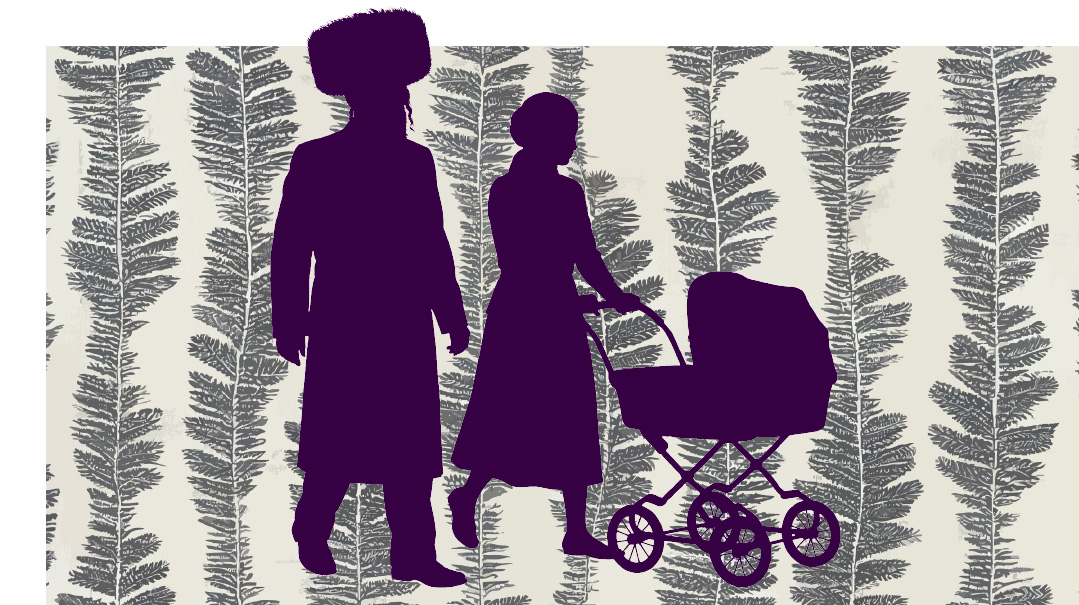Broken Engagement
| March 23, 2021Secrets. Stress, headaches, loneliness. Could this be normal? Those weren’t supposed to be part of our fairy tale
I’ll always remember the day I got engaged. We were so young, so excited, so hopeful. We had long talks about building a family together, debated where to live. We had so many big plans;
Then suddenly, things started veering off course. There were arguments. Secrets. Stress, headaches, loneliness. Could this be normal? Those weren’t supposed to be part of our fairy tale.
And then came that final conversation, the last time I went out with my chassan, the boy I was supposed to build a future with. And we realized that our relationship couldn’t survive through marriage. I can’t describe how I felt during that conversation — there are too many emotions to put into words.
I was still processing the conversation when it hit me: Now I have to tell everyone I’m no longer engaged.
When I got engaged, the speed at which the news spread — and its reach — shocked me. People I hadn’t spoken to since elementary school, college classmates I’d barely said two words to… my phone was blowing up with mazel tov texts all night. That Shabbos, my engagement was announced in shul. Some relatives flew in for my vort. My entire community, extended family, even casual acquaintances were all so happy for me. And now I had to tell them that it was over.
I felt like a complete failure. Couldn’t you make your relationship work? I imagined them thinking. Everyone was so excited for the wedding, our parents had put so much money into it… and we just couldn’t go through with it. I’d let everyone down.
A broken engagement is a broken dream. The engagement is gone, but all the memories are still there. Your dream, your hopes have been stripped away from you — and worse, publicly. You’re 19, and your life is no longer “normal.” You wonder how this came to be, you keep replaying your life over and over again in your mind, wondering where you messed up. You cry, because it’s the only thing you can do, but the pain is deeper than tears.
Our community places so much emphasis on marriage; when you get engaged there’s this feeling of “I did it!” And when you lose that accomplishment, it’s devastating.
Everyone is there for you but no one really knows how you feel — even if they had a broken engagement themselves, every case is different — and you feel so alone in your story and your pain.
My broken engagement happened four years ago. Today, I’m baruch Hashem happily married. I can look back and speak about it with ease — but each time I repeat my story, all of the emotions come flooding back.
The only thing that I’ve found that healed the pain was time. I really appreciated when my friends made me feel normal, speaking as though nothing had happened.
When a friend of mine, who’d also experienced a broken engagement, asked me to be part of a project to help other girls in our shoes, I was all in. I wished I’d had something to help me back then. Together, we created a handbook that can serve as a guide for someone right after they break their engagement.
There are words of encouragement and haskamos by leading rabbonim and mechanchos, such as Rabbi Nissel and Rebbetzin Reisman, guidance from therapists such as Rabbi Dr. David Fox and Dr. Yossi Shafer, and girls who anonymously shared their personal stories and advice for dating again. It’s everything I wish I’d had.
It shows girls who are going through this that others have shared the same traumatic experience — and are now okay. It’s a handbook of hope.
By now, I’ve spoken to many girls who have broken engagements, and for virtually all of them, it was a deeply painful experience. I’ve seen many people flourish after having a broken engagement — it can be a wakeup call of sorts. There are always silver linings. It’s not always easy to internalize the belief that Hashem has a greater plan, but when you can accept that, it makes all the difference.
Don’t say:
“It’s not a big deal.” Understand that your friend is mourning a loss. She’s hurt and will need time to heal. Even after she’s moved on or married, don’t make light of it.
“I once dated a boy for 2/3/4/5 months and then it didn’t work out so I know how you feel; it was like a broken engagement.” In the frum world, dating is kept quiet; even if you’ve been going out for months, it’s likely that only your family and close friends will know about your relationship. A broken engagement is very public.
“Baruch Hashem it was now and not after the wedding,” or “It’s better than the alternative!” Of course it’s a brachah to have realized that you weren't meant for each other before your wedding. But it’s still a very big, painful deal.
Please don’t assume:
That I woke up one day and decided to call off my engagement on a whim. A broken engagement will almost always involve a process of many conversations with rabbanim, mentors, and parents, and is a wrenching, but very thought-out decision.
Please do:
Check in two or three months later. People tend to reach out right away, but then forget that the girl can still be struggling weeks later.
Mention the broken engagement — but in a thoughtful, sensitive way. It’s better to send a text or call to check in than to ignore it and pretend it never happened
To request a free copy of “Handbook For You,” or for any other questions, please contact me through Mishpacha.
(Originally featured in Family First, Issue 736)
Oops! We could not locate your form.












